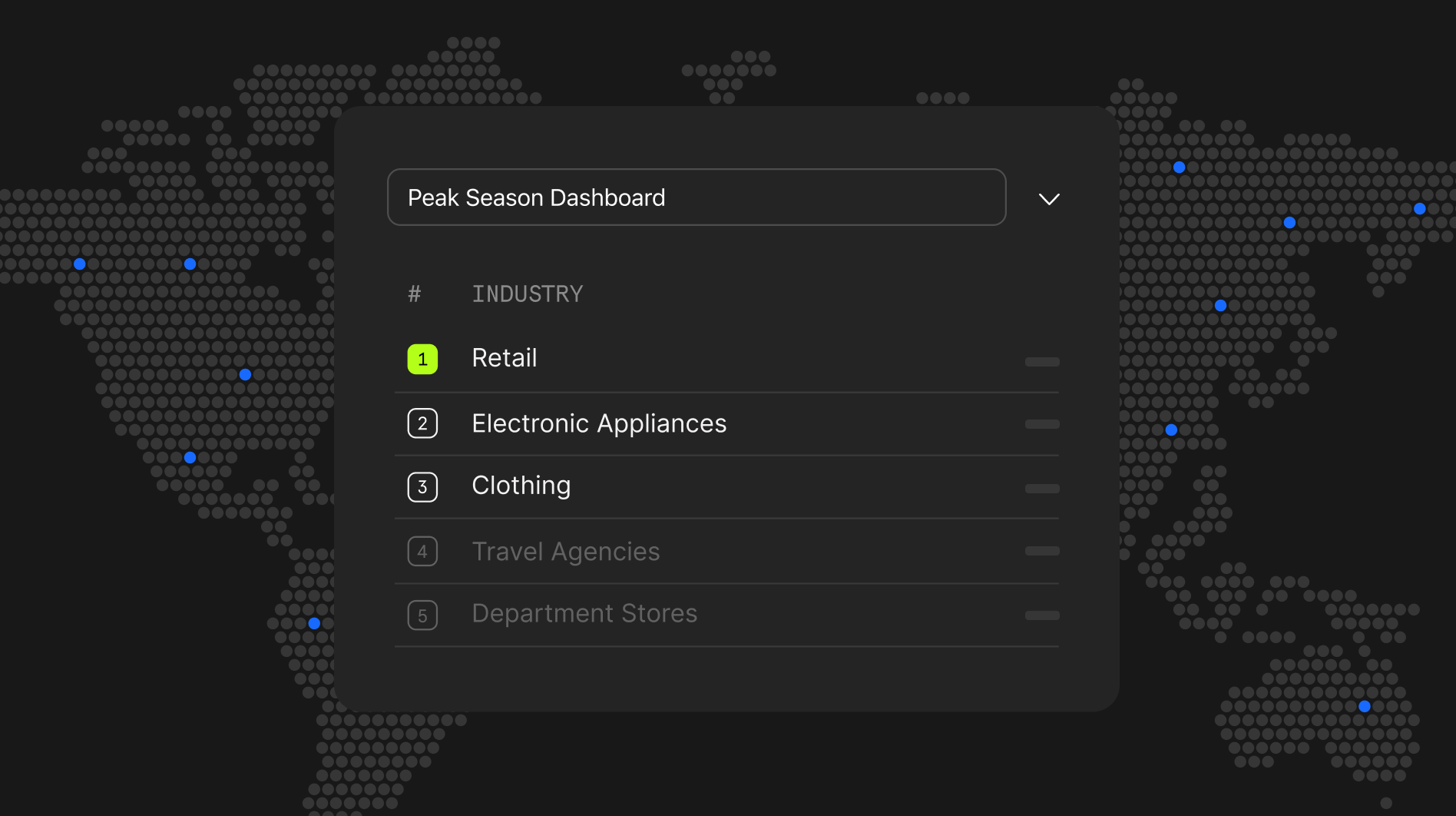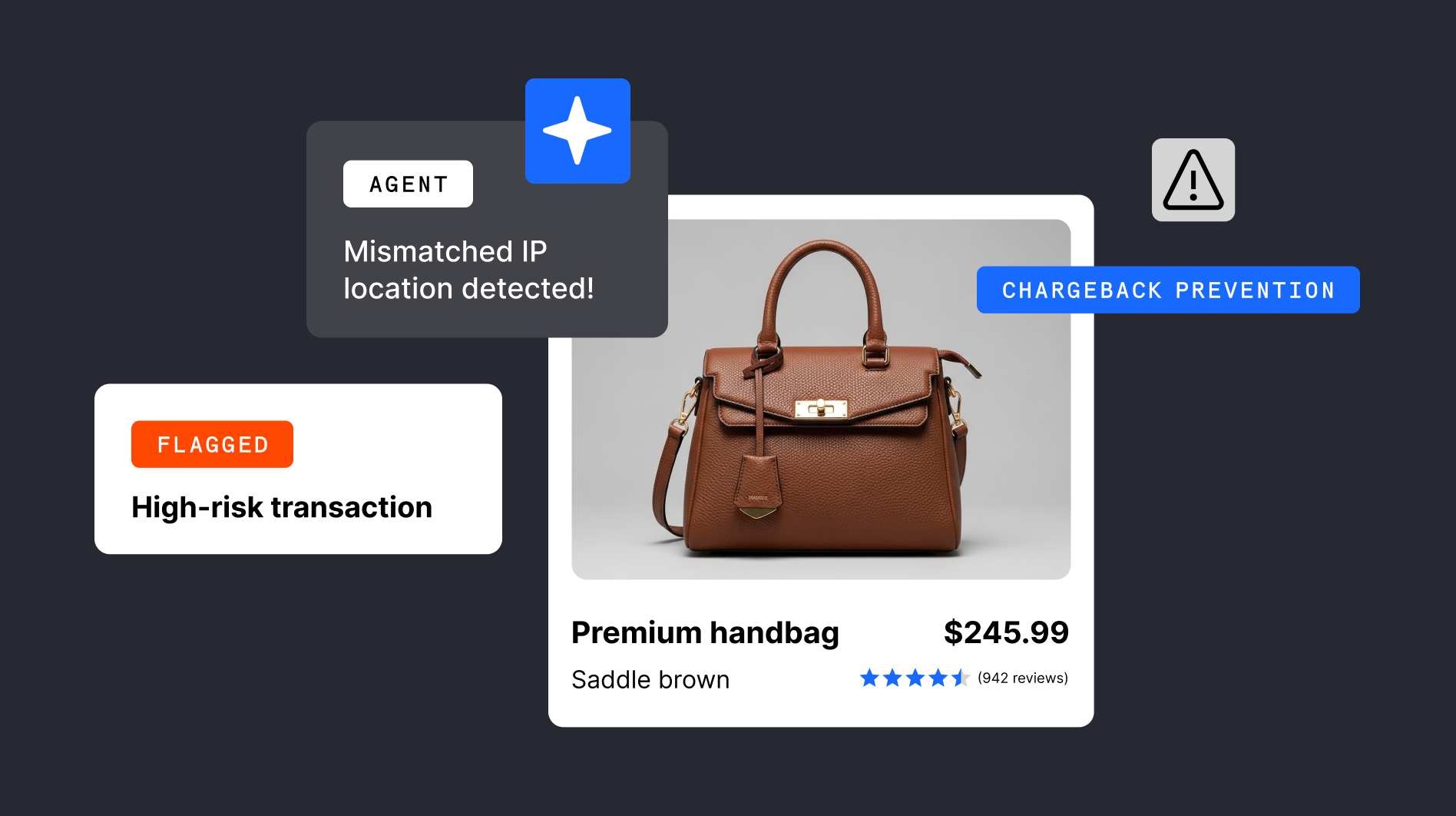A payment gateway authorizes credit card transactions – or other online payments – between a customer and a merchant. Much like a POS system for physical transactions, payment gateways act as a secure bridge between the customer's payment method, such as a credit card or PayPal, and the merchant's payment processing system.
It also ensures that sensitive payment information is transmitted securely and efficiently. If you’re an online business, payment gateways are essential, providing a secure and reliable way to process payments and protect against fraudulent transactions.
In this article, we’ll tell you everything you need to know about hosted payment gateways, explaining how they differ from non-hosted payment gateways.
What is a hosted payment gateway?
A hosted payment gateway redirects customers to a third-party payment service provider (PSP), such as PayPal, to complete transactions. Instead of processing payments directly on your website, as with a non-hosted payment gateway, customers are redirected to a secure payment page hosted by the payment gateway provider, then sent back to your website to finish the checkout.
With a hosted payment gateway, merchants don’t handle any sensitive payment information, which means you don’t store any payment data on your own servers. Instead, the payment gateway provider takes care of all payment processing and security for you, ensuring that transactions are secure and compliant with industry standards. Of course, you need to pay for this service.
If you’re an SME without the resources to manage payment processing on your own, or if you want fewer PCI compliance responsibilities, hosted payment gateways are a good solution. By the same token, you'll also relinquish an element of control over the transaction process, which is something to consider.
One warning – some customers may not trust off-site payment pages, so it’s crucial that you provide trust signals, such as checkout-related testimonials or your own branding on the PSP page. You can customize the Hosted Payments Page from Checkout.com, on request.
Learn more: Automated Payment Systems
What is an API payment gateway?
An API payment gateway, often called a non hosted-payment gateway allows customers to complete transactions directly on your website – without being redirected to a third-party payment page.
API payment gateways offer more control over the payment process and customer experience, as you can customize the payment page and integrate it seamlessly into your website, which can help build trust and increase conversions.
This type of payment gateway also allows you to track customer data more accurately, helping to bolster your marketing campaigns. With non-hosted payment gateways, you can link each purchase with the customer’s account and monitor their buying habits, making it easier to personalize the customer experience.
Unlike hosted payment gateways, you’re responsible for handling all payment data and ensuring that it’s sent securely. This may involve implementing additional security measures, such as SSL encryption and tokenization, to protect sensitive payment information.
API payment gateways require more resources than hosted alternatives, so they’re more suitable for larger or established businesses, or brands that want to maintain a consistent branding and user experience throughout the checkout process.
Learn more: Online payment API explained
What are pros and cons of API payment gateways?
You can find below some interesting pros and cons of API Payment gateways.
API Hosted payment gateway pros:
- Provides a seamless customer experience, allowing customers to finalize payments directly on your website or app.
- Offers more control over the payment process, allowing you to customize the payment page to match your branding and user experience.
- Often more cost-effective than non-hosted payment gateways, as you don’t need to pay for a separate payment page or third-party PSP.
- Provides real-time transaction data, which you can use to improve your payment processes and customer experience.
API Hosted payment gateway cons:
- You’re responsible for the security and compliance of all payment data.
- Require technical expertise to integrate and maintain, which can be costly for SMEs or challenging for those without an IT team.
- Possible additional development costs associated with integrating the payment gateway into your website or app.
Self-hosted payment gateway
Self-hosted payment gateways give you greater control over the entire payment experience as the checkout process is integrated into your website. In some cases, if you self-host your payment gateway, you have to store customer payment details directly on your website and send them to a third-party for authorization. With Checkout.com, however, there’s no need for merchants to do this as our embedded payment page is displayed within your website, meaning we handle customer data and authorization, so there’s no need to redirect to a separate site for payment.
Self-hosted payment gateway pros
Because you can brand your own checkout page and customize every element, you have much greater control over the customer experience, meaning you can tailor your checkout to maximize conversions minimize cart abandonment
Self-hosted payment gateway cons
- While you might have more control, you also lose access to the external technical support that comes with a hosted solution, meaning you’ll have to deal with any issues yourself
- You won’t have the complete visibility of payments data that comes with an API payment gateway, as your Payment Service Provider has responsibility for the payment data that goes through your website
Is Checkout.com a hosted payment gateway?
Checkout.com offers various payment gateway integration options to suit your specific needs:
- Hosted Payments Page – we fully host the payment page and manage all cardholder data, redirecting your customers to a Checkout.com-generated URL.
- Flow – a customizable payments integration that boosts conversion on your website or app.



%20(1).jpg)











.png)
